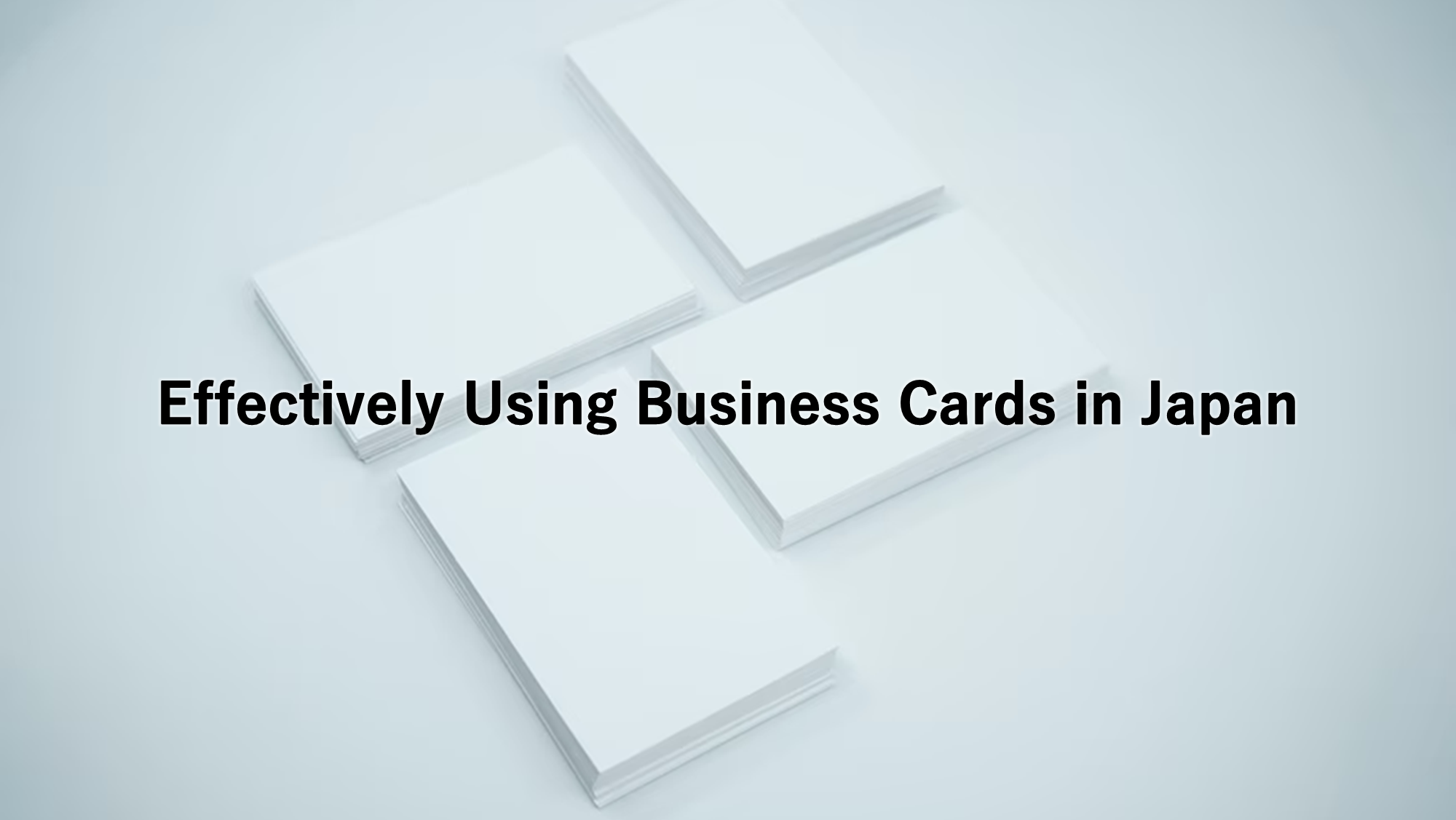The importance of understanding emotional intelligence and introduction to Design Thinking
We have all heard of IQ but not much about EQ, Emotional Intelligence, the ability to identify, evaluate, control and express emotions. As workplaces continue to evolve through the constant introduction of new technologies, adapting to changes will become the new norm.
No matter how many degrees or PHDs one has, without certain emotional qualities and the ability to adapt to change one is unlikely to succeed in this environment.
For this reason, through the collaboration between Laneway Education and SOL we decided to focus on this topic which we believe isn’t talked about enough.
Why is EQ important for business?
After all, we all want to be happy at work and an essential part of this is good communication which helps to encourage team work and solve problems. A study by Oxford University found that happy workers are 13% more productive and when it comes to sales convert more.
Signs of High Emotional Intelligence
- You think about feelings
- What are my emotional strengths/weaknesses
- How does my current mood affect my thoughts and decision making?
- What’s going on under the surface that influences what others say or do?
- You Pause
- The pause is as simple as taking a moment to stop and think before you speak or act. (Easy in theory, difficult in practice.)
- This can help save you from embarrassing moments or from making commitments too quickly.
- You strive to control your thoughts
- You don’t have much control over the emotion you experience in a given moment. But you can control your reaction to those emotions by focusing on your thoughts
- You benefit from criticism
- Nobody enjoys negative feedback. But you know that criticism is a chance to learn, even if it’s not delivered in the best way. And even when it’s unfounded, it gives you a window into how others think
- You show authenticity
- Authenticity doesn’t mean sharing everything about yourself, to everyone, all of the time.
- It does mean saying what you mean, meaning what you say, and sticking to your values and principles above all else.
- You demonstrate empathy
- The ability to show empathy, which includes understanding others’ thoughts and feelings, helps you connect with others.
- Instead of judging or labelling others, you work hard to see things through their eyes.
- You praise others
- When you commend others, you satisfy that craving and build trust in the process.
- This all begins when you focus on the good in others. Then, by sharing specifically what you appreciate, you inspire them to be the best version of themselves.
- You give helpful feedback
- Negative feedback has great potential to hurt the feelings of others. Realizing this, you reframe criticism as constructive feedback, so the recipient sees it as helpful instead of harmful.
- You apologize
- It takes strength and courage to be able to say you’re sorry. But doing so demonstrates humility, a quality that will naturally draw others to you.
- Emotional intelligence helps you realize that apologizing doesn’t always mean you’re wrong. It does mean valuing your relationship more than your ego.
- You forgive and you forget
- Hanging onto resentment is like leaving a knife inside a wound. While the offending party moves on with their life, you never give yourself the chance to heal.
- When you forgive and forget, you prevent others from holding your emotions hostage, allowing you to move forward.
- You keep your commitments
- It’s common nowadays for people to break an agreement or commitment when they feel like it.
- But when you make a habit of keeping your word, in things big and small, you develop a strong reputation for reliability and trustworthiness.
- You help others
- Most people don’t really care where you graduated from, or even about your previous accomplishments. But what about the hours you’re willing to take out of your schedule to listen or help out?
- You protect yourself from emotional sabotage
- You realize that emotional intelligence also has a dark side such as when individuals attempt to manipulate others’ emotions to promote a personal agenda or for some other selfish cause.
How do you feel you went when comparing yourself to the above signs of high EQ?
Don’t worry if you didn’t relate to many, one of the important aspects of emotional intelligence is being aware of your weaknesses. Once you are aware you can begin to work on strategies to improve your emotional intelligence.
Now we will look at the 5 categories which make up emotional intelligence.
- Self awareness
- It means looking for patterns in the way we tend to think about things
- Understanding our own emotions and moods
- Being aware of how we tend to act and behave in certain situations.
- Self management
- The ability to control one’s emotions
- Being aware of what causes you stress
- Motivation
- What is it that pushes you to achieve your goals, feel fulfilled and improve overall quality of life.
- Are you intrinsically motivated from within to overcome a challenge, work for a greater purpose or are you extrinsically motivated by money, a bonus or the threat of job loss
- Empathy
- The ability to understand and share the thoughts and feelings of another person
- Cognitive empathy – After you engage with others, take time to consider any feedback they provide
- Emotional empathy – Listen carefully: when a person tells you about a personal struggle. Resist the urge to judge the person or situation, to interrupt and share your personal experience, or to propose a solution. Instead, focus on understanding the how and why: how the person feels, and why they feel that way
- Compassionate empathy – Begin by asking the other person directly what you can do to help: if they are unable (or unwilling) to share, ask yourself: What helped me when I felt similarly? Or: What would have helped me?
- The ability to understand and share the thoughts and feelings of another person
- Social Skills
The skills that allow you to effectively work with others and understand that cultural diversity also plays a part in how we react to other and how we behave with others.
Why is Empathy a key skill in marketing & product development?
Empathy is what helps you understand your customers real frustrations, their challenges, what they are feeling and ultimately will help you design a solution to their problem. Empathetic marketing will help you consider your audience before your messaging which will guide you in what content you produce.
When brands get it wrong:

This Yellow Pages ad which ran in Toronto, Canada made its fame not for its app but for its lack of cultural understanding in portraying a favorite Korean rice based dish of Bi Bim Bap as a bowl of noodles.

An aisle display featuring Smokey Bacon Flavor chips with the message Ramadan Mubarak (Happy Ramadan) in London, near one of Europe’s largest mosques, showed how ethnic targeted marketing can go wrong when not properly executed or thought out.
Now we will look at how Empathy fits into the Design Thinking cycle and how putting yourself into the shoes of your end user will help you find a solution based approach to finding out what users really need.
In “Why is EQ important? (2)“, we introduce how to make use of EQ in Design thinking. It is published on 3rd January, 2020.
This is the summary part 1 of “Buddies Osaka#4” Seminar held by Scribble Osaka Lab (Osaka, Japan), cooperated by Laneway Education (Sydney, Australia) on December 12th.If you found this interesting please follow us on facebook @scrlab as we bring you more seminars and workshops with our collaboration partner Laneway Education. https://laneway.edu.au


This article is contributed by Balthazar Boutry from Laneway Education, who was in charge of a main presenter of Buddies Osaka#3.

Balthazar holds a Bachelor in Commerce from the University of New South Wales and spent the majority of his professional career working at Australia’s largest private provider of education, Torrens University. In his role as International Marketing Manager he was responsible for marketing Australia’s newest University, to Europe, Japan and the Middle East. He then started his own business, The Study Consult, an international education consultancy.



